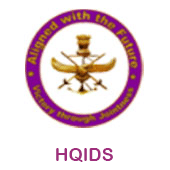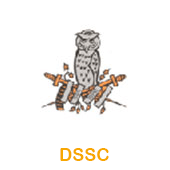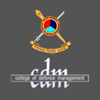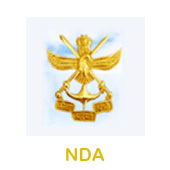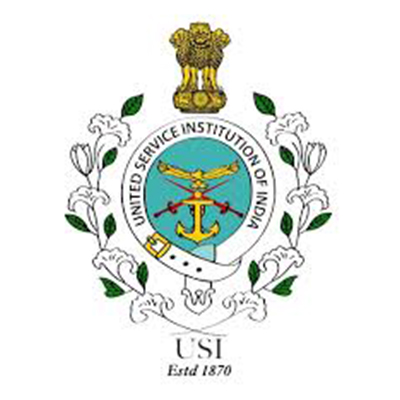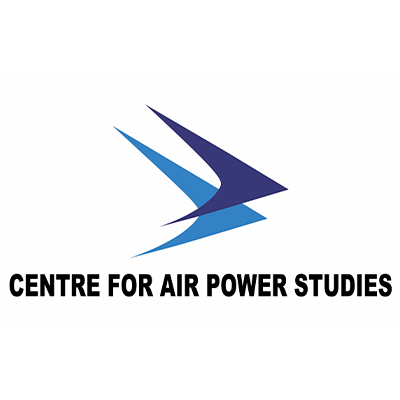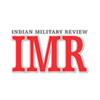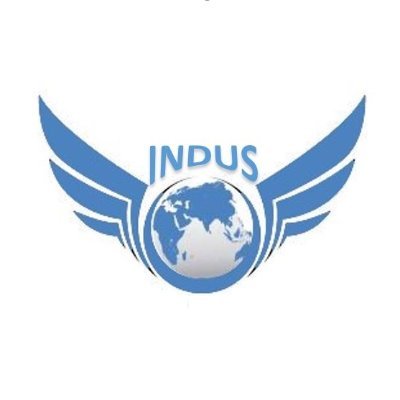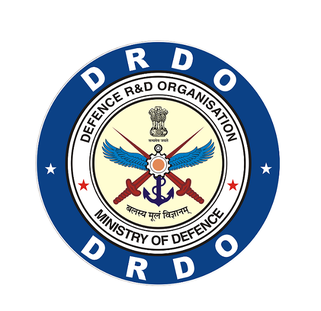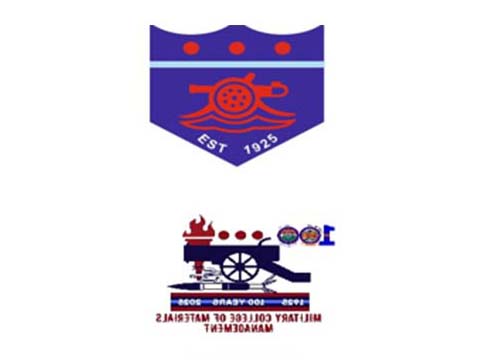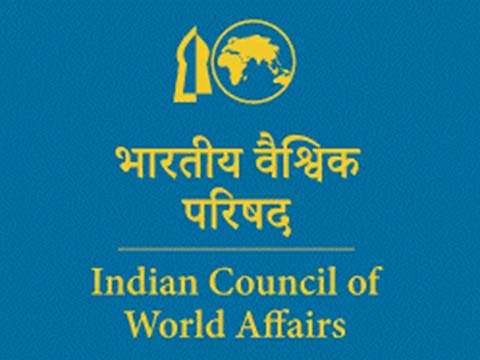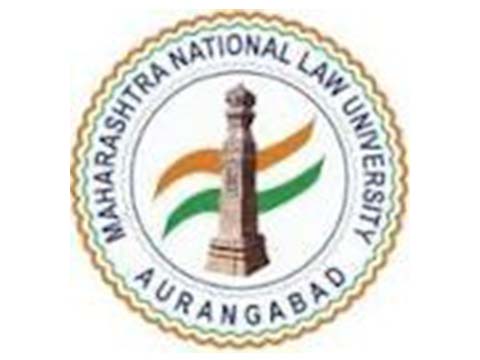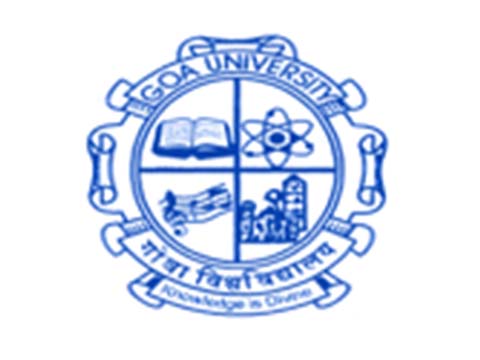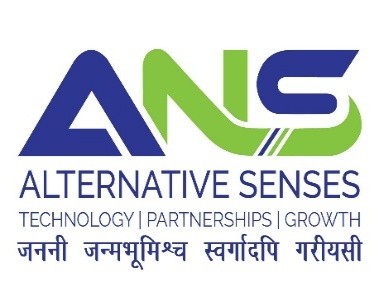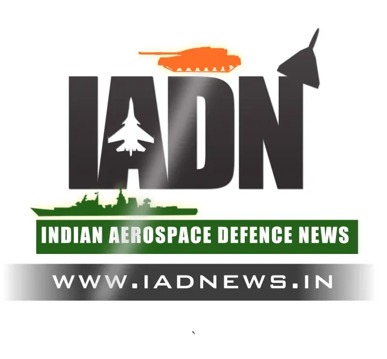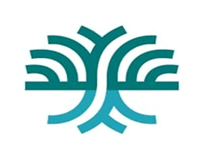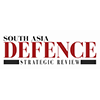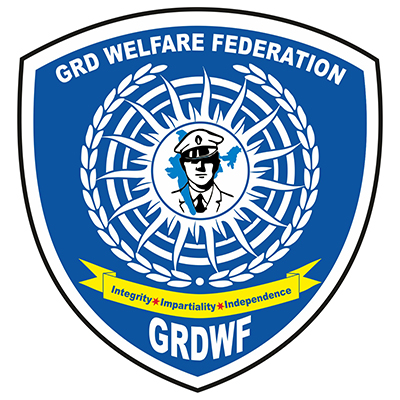
Seminar | 09-Apr-2019
Seminar | 05-mar-2019
BRIEF OF VISIT OF PARTICIPANTS OF THE STRATEGIC COURSE “US AIR WAR COLLEGE”
1. US Air War College team consisting of sixteen students and two faculty members interacted with CENJOWS scholars at Purple Bay, Jodhpur Officers’ Hostel, India Gate on 05 Mar 2019. Interactive session was preceded by three presentations; one each by Maj Gen Umong Sethi (New India), Amb Rajiv Bhatia (Emerging Situation in Indo-Pacific Region – Indian Perspective) and Lt Gen M Sabharwal (Counter Terrorism in South Asia).
2. India’s civilisational connect dating back to Vedic era; its scientific inventions like ‘Zero’, its international trade with China, Iran, Iraq, South East Asia was explained. Just before the arrival of the Britishers, India accounted for 24% of the world GDP which came down to less than 3% by the time they left India. India’s diversity; home of all the major religions of the world, 1652 languages, ethnic and religious affinities spread across borders, its vast geographic area, large young population using 7.31mn mobile devices and 10 mn internet connections was highlighted. Its economic achievements of nearly 3 trn USD economy likely to be enhanced to 6.6 trn USD by 2030 and its collective aim of building India into a prosperous, strong and modern country was emphasized. Inspite of emerging security challenges from its neighbourhood, cyber and space domains, its rediscovery of mass movements is transforming it into a New India. India believes in rule based multilateralism. Its Act East Policy, balanced relations with Japan, US, Gulf countries, Israel, Russia and others bears a testimony to its world view. India believes in neighbourhood first policy. India is attempting for an inclusive growth for its 1.3 bn population using technology and connectivity.
3. Good governance and fiscal responsibility is being ensured following best international practices. NITI Aayog has taken on major health, tourism and broader goods and services reforms. Banking Sector has been opened to the masses especially underprivileged ones. Infrastructure is being developed at a fast pace. Women empowerment is being ensured. Initiative such as “Aayushman Bharat’ is likely to ensure availability of medical facilities to one and all at affordable cost in the years to come. Digital India and employment of other technologies are empowering citizens like never before. Its e-governance initiatives are adding to its emerging status as Rising and Responsible Power.
4. There are differing perspectives about the geographical spread of Indo-Pacific region whether it is from Western Pacific to Eastern Africa or consists of Pacific ocean, Japan, Australia, India and Indian Ocean. There are seven emerging trends in this contested region. Firstly, it has emerged as a principle theatre of global politics after West Asia. Secondly, there is an undisputed rise of China economically and militarily. Its BRI programme is reflection of its hegemonic designs aimed at creation of a unipolar world. Thirdly, US is the most powerful player in the region but its will to use this power is declining. There is a lack of consistency in the US behaviour of late. Fourthly, the Quad is emerging as a calibrated response for the rising China but it is progressing very gradually. Fifthly, ASEAN, ten members grouping which has done well so far is now in a different state due to Chinese aggressiveness. Sixthly, South China Sea continues to simmer as China continues to secure its bases. Negotiations for developing a code of conduct in the region are underway. Lastly, Indian Ocean Region (IOR) is much better and India is well entrenched in the region.
5. From Indian Perspective, it may be stated that India observed a sorts of sea blindness in the past but is overcoming the burden of history fast. It is an oceanic power as well now. Its involvement in the Indo-Pacific Region is the result of its Act East Policy. India’s approach is an open and inclusive phenomenon seeking intense cooperation with other powers aimed a mutual security and for facing the challenges of terrorism. India wants a rule based order in the region keeping ASEAN at the centre stage. Quad is a sort of Plan B for India for signaling to China to listen to others point of view as well. Progress of Quad will depend upon the behaviour of China. India will like the world to be a multipolar rather than bipolar. India would like to address its development needs along with ensuring security. There is a vast potential for development of blue economy. A balanced approach in the region will be in the best interest of India.
6. South Asian region has its own peculiarities, diversities and asymmetries. India is central to the region due to its size and geographic location. Its neighbourhood is occasionally unstable and affected by terrorist groups. India has lost more number of lives to terrorism then in 1971 war. External support has spread terrorism in different parts of India. Pakistan continues to be a sponsor of terrorism. Gen Musharraf and many others have publically accepted this but Pakistan continues to use this low cost option to tie down Indian security apparatus.
7. A whole of Govt approach is needed to be followed consistently by India. The approach includes following rule of law and constitution, use of minimum force with least collateral damage. Civilian administration is needed to be helped for a secure environment. Synergy among military, CAPF, politicians and bureaucracy is needed. Pro-active stance like surgical strikes is better than being only reactive while managing escalatory ladder. Unlike US which exercises the options to withdraw from operation theatres at its convenience, India will have to have a sustainable approach towards terrorism and counter terrorism.
8. During the interactive session it emerged that Russia has a limited influence in the Indo-Pacific Region. But China-Russia equation and emerging cooperation should be kept in mind. India is enhancing its cooperation with Russia in many fields including security. Pakistan has always responded to Indian peace overtures through terrorism as was seen on several occasions. Army is the power centre in Pakistan and they don’t want peace. US withdrawal from Afghanistan will have security connotations in the region. US has still strong influence in Pakistan and could affect the IMF assistance to Pakistan. All the issues raised by the US Air War College students were satisfactorily resolved by the speakers and the Director CENJOWS.

